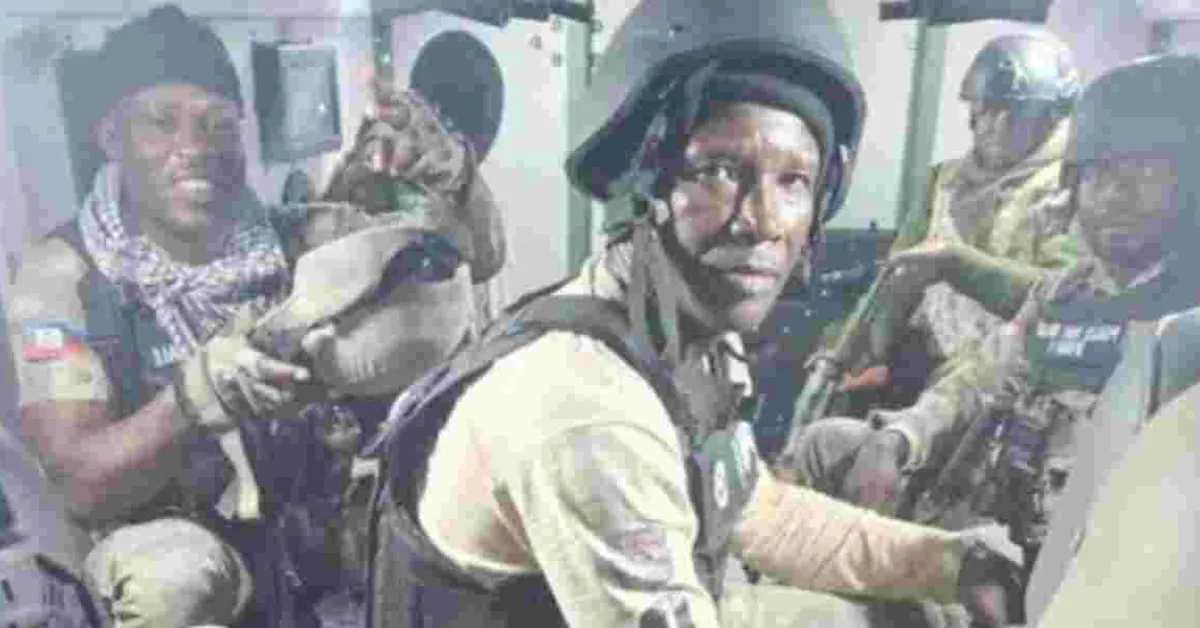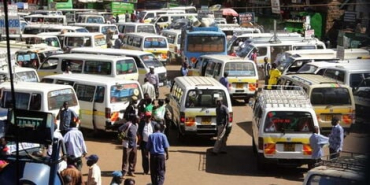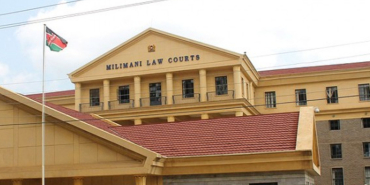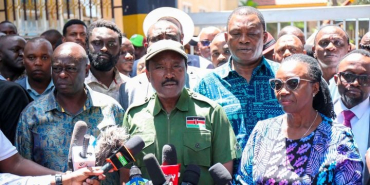Kenya, Haiti Forces Demolish Barbecue's Gang Headquarters

The Multinational Security Support Mission has conducted a major operation in Port-au-Prince's Bas-Delmas district, targeting the stronghold of prominent gang leader Jimmy "Barbecue" Chérisier.
The mission, which included the recovery of stolen equipment and neutralization of armed individuals, aimed to disrupt the "Viv Ansanm" criminal coalition. Despite the operation's scope, the targeted gang leadership evaded capture, prompting concerns about the potential for criminal elements to reestablish their presence without sustained security forces occupation. The operation exemplifies MSSM's stated commitment to supporting the Haitian National Police in their fight against organized crime.
In their official communication, MSSM emphasized their dedication to dismantling criminal networks and securing critical infrastructure ahead of planned general elections. The mission has called for broad-based support from both domestic and international stakeholders as operations enter what they describe as a critical phase. This intervention occurs against a backdrop of deeply troubling developments in Haiti's security situation.
UNICEF has reported an alarming 70 percent increase in gang recruitment of minors over the past year, with children now comprising nearly half of gang membership. The organization attributes this surge to a combination of factors, including escalating violence, endemic poverty, educational system failures, and deteriorating infrastructure. UNICEF Executive Director Catherine Russell has characterized the situation as a vicious cycle, where children are drawn into the very armed groups responsible for perpetuating the country's instability.
The current security crisis has resulted in criminal organizations controlling approximately 80 percent of Port-au-Prince. International support has materialized through the deployment of law enforcement personnel from Kenya, Jamaica, Belize, and the Bahamas, though this intervention has sparked mixed reactions regarding its potential impact on Haiti's stability. The success of these combined security initiatives, particularly in protecting vulnerable populations and establishing lasting order, will likely prove crucial in determining Haiti's trajectory toward recovery and stability.
The immediate challenge lies in transforming tactical successes, such as the Bas-Delmas operation, into sustainable security improvements. This task is complicated by the deep-rooted nature of gang influence and the complex socioeconomic factors driving recruitment, particularly among young Haitians. As international and local forces continue their efforts to restore order, the effectiveness of their strategy in addressing both immediate security concerns and underlying societal issues remains a critical focus of attention.














Comments
Haiti is there home. What a…
Permalink
Haiti is there home.
What a Kenyans doing there?
Go back to your home you invaders.
No. I support Kenya troops…
Permalink
In reply to Haiti is there home. What a… by William Ruto I… (not verified)
No. I support Kenya troops. Let them help people of Haiti. Just like any other country that seek help from u.s.a. people in haiti are suffering. Haiti will never move forward if they don't dristroy this gang that's terrorize people of Haiti. No tourists, haitian can't even visit their country because of that.
Haiti belongs to Haitians…
Permalink
Haiti belongs to Haitians not Kenyans.
Why don't we send Kenyan…
Permalink
Why don't we send Kenyan soldiers to Mexico and deal with the drug lords?
Add new comment